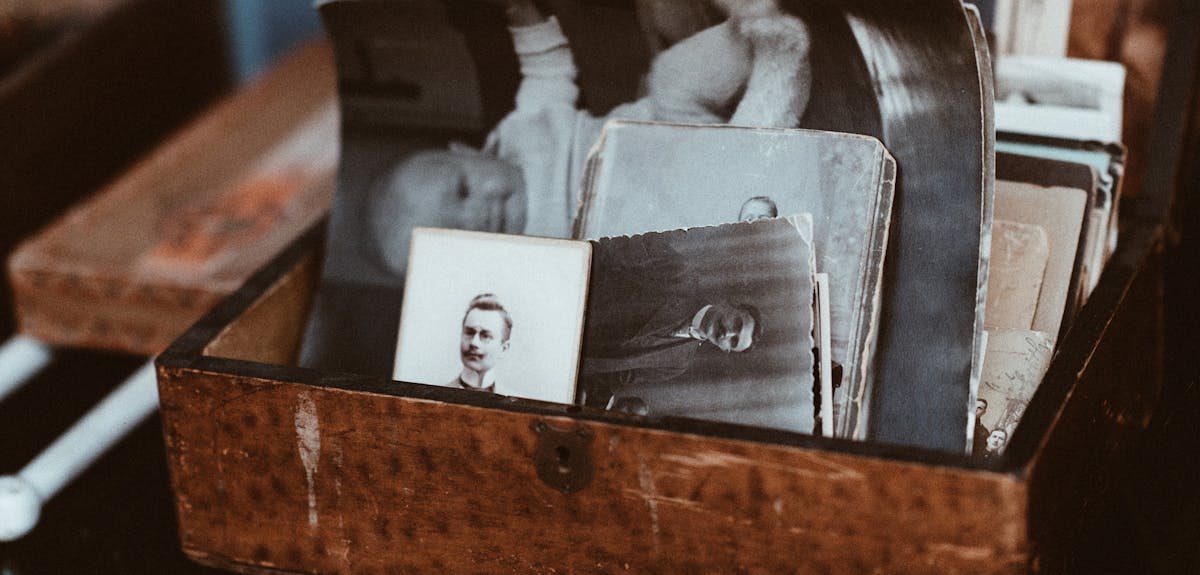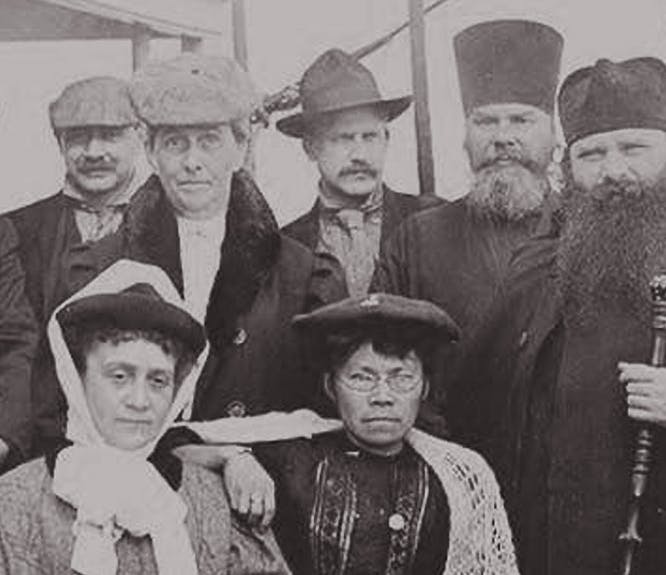5 simple steps to starting your family history journey
3-4 minute read
By The Findmypast Team | November 29, 2019

Delving into your family history is one of the most rewarding things you'll ever do, and it's easy to begin.
Family history research is a rewarding journey into the past where you can uncover where you came from, discover your ancestor's stories, and build a stronger connection to your relatives in the present.
If you've been interested in family history research, but haven't yet taken the plunge, there are a few easy things you can do to get started without becoming overwhelmed.
1. Set your goals
Before you begin any genealogy research, start by asking yourself "what do I want to find out?" You need to have a set goal in mind prior to researching so that you don't go down a genealogical rabbit hole. For example, to begin with, your goal could be "find great-grandpa in the 1910 census." If you set a goal, stick with it. It will make your family research more fun because you'll be problem-solving as you go.
2. Stay organized
When you're first starting to make discoveries and uncover records in your family history research, it's easy to neglect organization because you might not need to rely on it early on. But when you're in the depths of your genealogy journey and are breaking through those tough brick walls (aka solving difficult genealogy conundrums and finding elusive ancestors), being organized can be a lifesaver.
Your genealogy research will likely include both online and offline materials, so keeping all your data and research organized will help you both in your present and future research. For example, by keeping a spreadsheet of each surname you research and including which records you have searched and what you have or haven't found on each person, will prevent you from re-researching multiple record sets over and over. It will also help you in the long-term when it's time to re-evaluate some of your early searches after you've learned more about the research process and uncovered more about your family.
Everyone is different and organizes their findings differently, so find a method that works best, and remember that you will likely need to adjust your organizational plan as your research progresses, but it's great to think about it from the start.
3. Build your family tree
One sure-fire way to stay organized throughout your family history journey is by building a family tree. Building a tree will help you visualize your research and help you see how your relatives are connected. Plus, with Findmypast, each person will have a unique profile where you can record facts you discover in your research, and more. When you create a family tree with Findmypast, you'll be able to utilize our amazing hints to help you uncover even more.
4. Scrutinize your closest relatives
The rule to abide by in family history research is to start with what you know and move backwards from there. You always want to use the facts, that you know to be true, to guide your search to the next known fact. The first place to begin your genealogy research is with your parents, then you want to move to your grandparents, then your great-grandparents, etc. There's no one way to research, but one way to keep organized and to ensure that you're not moving back generations based on incorrect assumptions is to get to know those 8 grandparents very well first. You'll want to record everything you can find on those 8 before moving past them. You'll want to record their occupations, locations, birth and death dates, etc. and then you'll want to pay close attention to their siblings next. You want to try to work laterally as well as vertically in your family tree so that you get as much information as you can earlier on so that you can make well-informed discoveries in the records and verify that those findings are correct. Begin by asking your parents about any of the key details you're looking for, and if your grandparents are still alive, ask them a series of questions too to help you build your tree directly from the source.
5. Search census records
Census records are the best place to begin your genealogy research and are also the best records to revisit once you're a more seasoned researcher. The census is filled with key details and is extremely helpful for tracking down your family's history, since the census is taken regularly, every 10 years, and is a mandatory, government-regulated record. Experts estimate that 90% of Americans are represented in US census records, so it's unlikely that you won't be able to find any information on your ancestors to start. Census records are also extremely useful because they show family relationships, which will make it easier for you to build your family tree, track relatives and see how family relationships evolve. If you haven't yet searched our census records, here are 9 tips to get you started.
Getting started with family history research is a rewarding and significant step towards learning more about yours and your family's unique history. Why not share your journey with like-minded family researchers and get help if you get stuck on the Findmypast Forum on Facebook?




